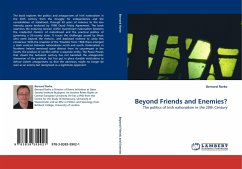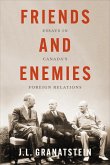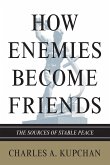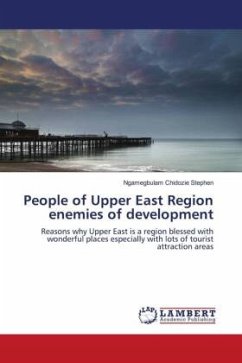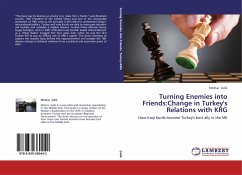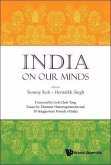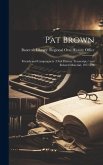The book explores the politics and antagonisms of Irish nationalism in the 20th century from the struggle for independence and the consolidation of statehood, through 30 years of violence to the low intensity peace brokered by 1998 Good Friday Agreement. The book examines the enduring tension within mainstream nationalism between the irredentist rhetoric of nationhood and the practical politics of governing a 26-county state. It traces the challenges posed by those who went beyond the rhetoric, and deployed violence to undo this consensus. With the irruption of the 'Troubles' from 1968 there emerged a stark contrast between nationalisms north and south. Nationalism in Northern Ireland remained quite distinct from its counterpart in the South, the product of conflict within a separate entity. The Peace Proces that closed the turbulent century has not banished the antagonistic dimension of the political, but has put in place durable institutions to defuse violent antagonisms so that the adversary might no longer be seen as an enemy but recognised as a legitimate opponent.
Bitte wählen Sie Ihr Anliegen aus.
Rechnungen
Retourenschein anfordern
Bestellstatus
Storno

